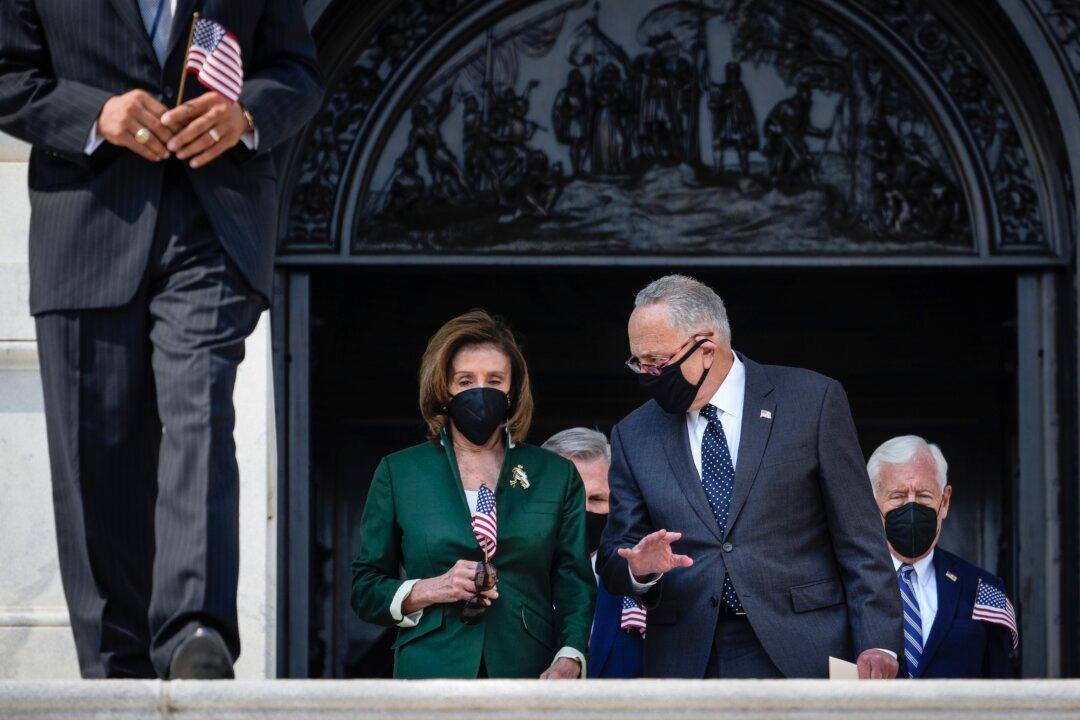As the United States inches ever-closer towards a default, Republicans continue to insist that Democrats raise the debt ceiling on their own through reconciliation. Most Democrats, including leadership, have rejected using reconciliation to raise the debt ceiling, but others in the caucus have demanded that the reconciliation process be used to avert a default.
The ongoing situation began in August after 46 Senate Republicans pledged not to support a debt ceiling increase in a petition created by Sen. Ron Johnson (R-Wis.), accusing Democrats of “an unprecedented deficit spending spree” since they took the majority in January.





